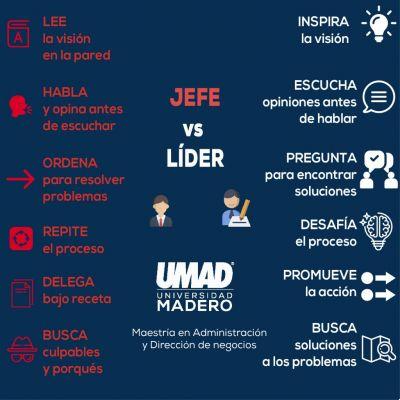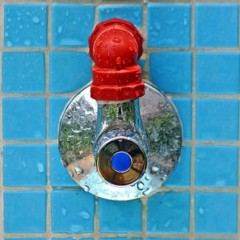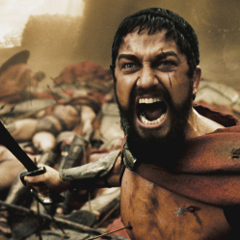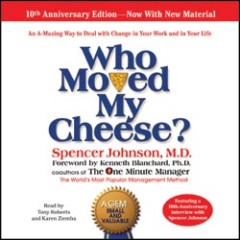The ability to argue or discuss is essential in times when, to a greater or lesser extent, we have all the means to express our opinion.

Last update: July 24, 2020
At a time in history when it seems mandatory to have an opinion on any subject, it can be fascinating to follow the debates. These appear as a natural fact of social life; we continuously assist you in different contexts, from social networks to television. Therefore, it is always useful to develop the ability to discuss, who knows that sooner or later we also have to face a discussion.
On the other hand, knowing how to argue is a skill that is often practiced, but to which little study is devoted. It is evident that the ability to discuss can also be developed, however education has relegated this competence to a specific subject of study. The result is that, although rhetoric is considered a transversal competence, it often does not fit into any curriculum and therefore ends up being an absent skill.
Critical thinking, argumentation and refutation techniques are essential tools when we want to defend an idea or statement. Social media is a perfect training ground.
If we try to analyze the media scuffles, we can easily identify several communication gaps. The most common - and also the saddest - is the lack of respect for those who do not think like us.
Critical thinking and analytical skills
Critical thinking is one of the elements of the ability to debate. It means being able to think independently, distinguishing the solid argument from the red herring. By becoming critical, we will be able to understand that an opinion is often formed on the basis of a simple repetition of concepts within ad hoc campaigns.
Critical thinking follows another path: it feeds on logical thinking, on the critical analysis of ideas, without reaching hasty conclusions. It escapes distorted analyzes, euphemisms and claims based only on hypotheses.
As we have said, critical thinking can be trained. You start by consciously choosing the source of the information. It is equally important to separate the information from the medium from which we obtained it. It is true that the medium can inspire more or less confidence, but this does not exempt us from a critical analysis of information.
The argument
Presenting a topic, or a series of topics, means provide information and reasons why we defend an idea. This is especially true when the topic lends itself to debate and discussion. Always keeping critical thinking as a basis, the ability to argue is composed of several elements:
- Although it seems obvious, the subject of discussion is the first element. It is necessary to know the subject on which one is debating, whether it is a matter of politics, economics or other. You must have knowledge of the subject, not just an opinion.
- The thesis we want to defend. It is the main idea, or ideas, on which the discussion will revolve. It is convenient to have a clear opinion if we are to be able to present it correctly.
- The body of the thesis. It is the development of the idea or of the defended position. Here we analyze the subject of the discussion from every point of view. It consists of two elements: argumentation and refutation.
- The conclusion. It can be comprehensive or open if a definitive conclusion has not been reached and further information or future developments on the subject are suggested. On the other hand, it is important to know how to close a debate when it has already exhausted its course or the positions are very entrenched.
The refutation of the ability to argue
The refutation starts from the principle that the interlocutor's arguments are considered inconsistent. It may happen that the person with whom we are discussing has generalized, starting from a personal experience, and has come to incorrect conclusions. It can happen to anyone.
In addition to the possible gaps, it must be taken into account that for each statement there can be an argument to the contrary, the idea that refutes it. The same parameters of logic and critical thinking of the initial thesis must be applied to this. Otherwise, you will fall into inconsistency.
One of the elements of the ability to argue is knowing how to manage counter-arguments with intelligence. If someone has made the mistake of generalizing too much, it might be interesting to move the idea to a broader context. For example, if the discussion is about taxes in Spain, it might be a good idea to report the situation in other countries.
"Those of us who do not willingly expose their ideas to the risk of refutation are not taking part in the game of science."
Karl Popper
Some techniques for developing the ability to argue
Improving the ability to argue is a strength that will serve many times and in every area of life. It requires intelligence to analyze and resources that can be trained, some of them very simple. One of these is the habit of making use of rational arguments based on ideas already accepted by society and which, in general, relate cause and effect or are based on analogies.
The ability to argue is an art that can be acquired and trained. It's a social skill that pays off when you feel like investing in it. In this sense, there are specific training courses that allow you to acquire all the necessary techniques and tools.


























